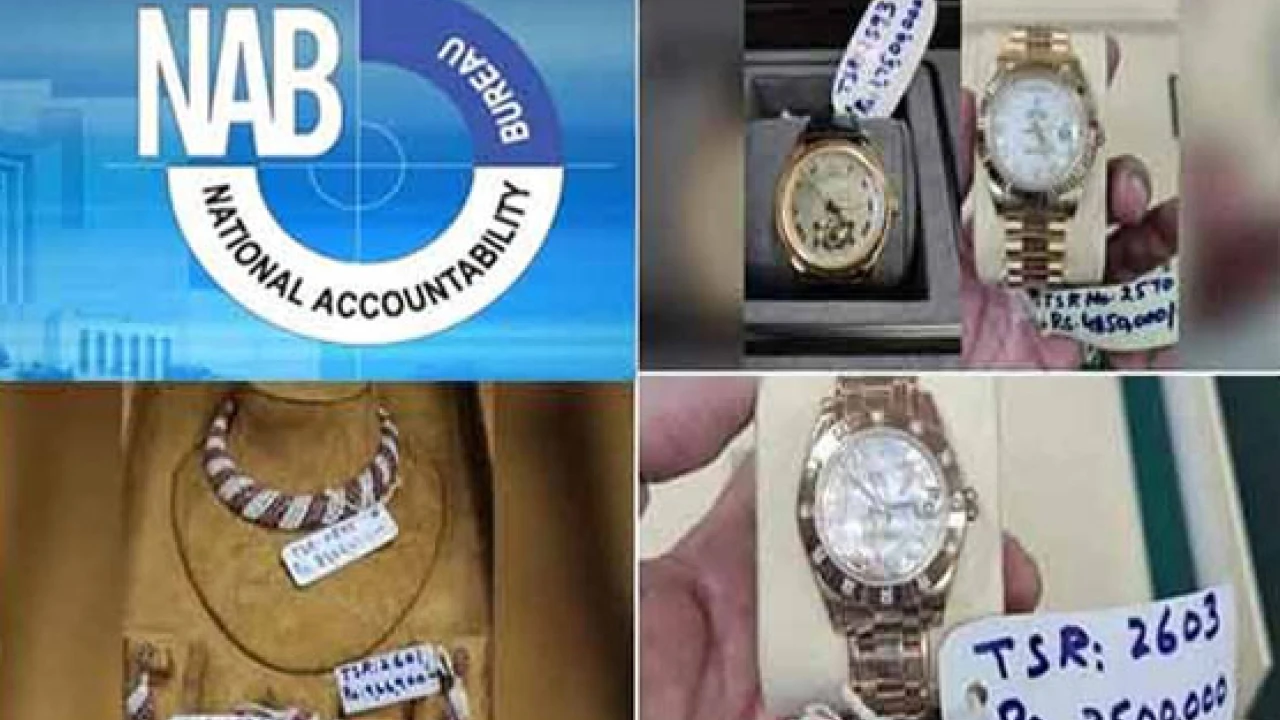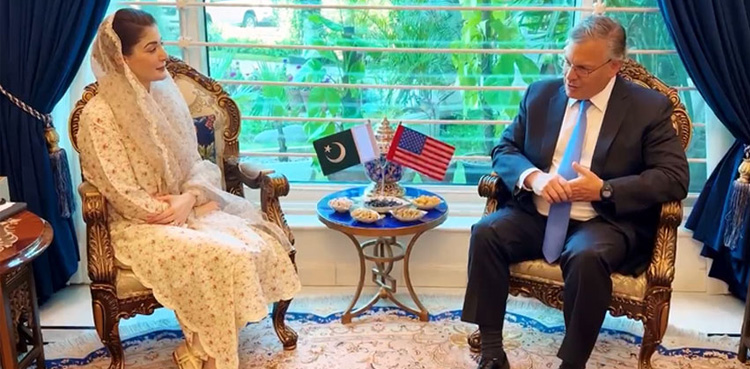The relief package marks a clear shift from the fiscal reforms agenda, which may not only irk the IMF but also hurt the economy.
Prime Minister Imran Khan caught almost everyone by surprise on Monday. Amid a global crisis in the form of the Russian invasion of Ukraine that sent global markets tumbling and a political storm brewing at home, the premier announced a major cut of Rs10 in the prices of petroleum products — the single largest contributor to the country’s import bill.
The move, which left citizens stunned and economists scratching their heads, was not just limited to subsidising petroleum products.
No, the prime minister went ahead and slashed energy prices, announced tax exemptions for IT companies and freelancers associated with the sector, exemptions from capital gains tax for IT startups, skills-based internships for graduates and an increase in the stipend disbursed under the Ehsaas programme from Rs12,000 to Rs14,000. Moreover, the cut in energy and fuel prices would be sustained for the next three to four months till the next budget, he promised.
Needless to say, the move raised many an eyebrow — and for good measure too.
Where would the government get the fiscal space to cover the expenditures, pundits questioned. Had it not increased petrol prices by Rs12 just a couple of weeks ago, saying it could not afford to offer subsidies? Are these measures sustainable? What about Pakistan’s commitments to the IMF? More importantly, how would the move impact Pakistan’s economy in the long term?
Let’s try to address these questions one at a time.
A Populist move. Period.
The move, though unexpected, is not a new trick in Pakistan’s political landscape, where almost every government has attempted to check petrol prices as a shortcut to wooing the electorate every time it found itself in trouble.
In this case, however, it is all the more difficult to see economic sense in the move as the government had raised petrol prices by Rs12 just a couple of weeks ago, when the benchmark crude oil was trading at around $95 per barrel. Nothing has changed since, except that the same commodity is being traded today at $110 per barrel.
The only logical explanation one can hence arrive at is this: that the announcement is a purely populist move, designed to buy the government some political mileage as opposition parties up the ante of an impending no-confidence vote and embark on long marches.
Perhaps the biggest giveaway in this case is the timing of the move — the pressure being built up by the opposition — and perhaps the government’s own allies — combined with an increasingly restless electorate seem to have forced the government to take this route.
The saddest part is that the very people, in whose name these actions are being taken, will see little to no benefit of the reduced prices, except that they may pay slightly lower amounts for getting their vehicles’ tanks filled. The cut will not inflict any substantial dent to inflation in the medium to long term.
Petroleum and energy prices, though important, are just one contributor to inflation in Pakistan. There are many other factors, such as governance or lack thereof, supply chain issues and hoarding, which have broken the backs of the most vulnerable for the past several years.
Moreover, once the prices of commodities go up, they are hardly ever seen to drop with a cut in petrol prices — at least not by any significant measure. For example, how many times have you seen a major cut in bus fares or product prices, even when the prices of petroleum products have been decreased? In fact, rarely is the benefit of a decrease in commodity prices passed on to the end consumer.
What the public will undoubtedly feel, however, is the pinch of inflationary pressures on commodity prices as a result of the fiscal deficit created by these populist measures. The government’s own estimates to finance this cut seem to ignore the rising trend of crude oil prices and their impact over the next three to four months. Freezing the prices at the current level till the next budget at a time when global oil prices are on an exceptional surge will leave an unbearable dent on the fiscal deficit.
The IMF conundrum
While the cut in petrol and energy prices were immediately implemented, the other measures announced by the prime minister in his address may take more time or may not even see the light of day until after the next budget. The process of designing and implementing these reforms — other than Ehsaas transfers — may take another two to three months, when it is time for the next budget. The announcement, however, will be enough to create some goodwill on its face value and buy the government some time.
And while it may yet be able to finance the cut in petrol prices — estimated at approximately Rs60 billion for the next four months — it would be hard put to both find the resources to implement the other measures and also explain its position to the International Monetary Fund (IMF), which finally released the sixth $1 billion tranche under its Extended Fund Facility after months of deliberations and only after Pakistan agreed to some very tough conditions, including the mini-budget.
While there are reports that the government is hoping to finance this Rs250-300 billion package from cuts in expenditure, and not by borrowing, one is hard-pressed to understand why these possible avenues were not utilised when the mini-budget was presented. What has changed that these avenues are suddenly now available?
If indeed the government does push on for the implementation of all the measures announced by the premier, it would not only be reneging on its commitments to the IMF, specifically in relation to fiscal reforms and pricing in the energy sector, but also jeopardising the seventh review by the Fund.
Not only will this hurt the government’s credibility, any form of derailment from the IMF programme will have an adverse effect on the exchange rate as well as the foreign exchange reserves, further elevating the inflationary pressure. This in turn can have wide ranging medium to long term consequences for the economy. The market is already exhibiting fears around this scenario.
Moreover, if the government does go ahead with the measures, it will also hurt its standing with other development partners such as the Asian Development Bank and the World Bank, who may stop their support in light of the country’s reversal on its reforms agenda. We had, in fact, seen a glimpse of this last year as the IMF was conducting the sixth review, when all other development partners were waiting for it to finish before extending support.
What is most unfortunate in this whole scenario is that despite the months of pain and suffering, taking tough decisions that caused the economy to contract even before Covid-19 struck and introducing a tough mini-budget, Pakistan would not be able to complete its reforms agenda simply because politics trumped basic economic sense.


 Business2 days ago
Business2 days ago
 Business2 days ago
Business2 days ago
 Business2 days ago
Business2 days ago
 Latest News2 days ago
Latest News2 days ago
 Business2 days ago
Business2 days ago
 Latest News2 days ago
Latest News2 days ago
 Latest News2 days ago
Latest News2 days ago
 Business2 days ago
Business2 days ago















